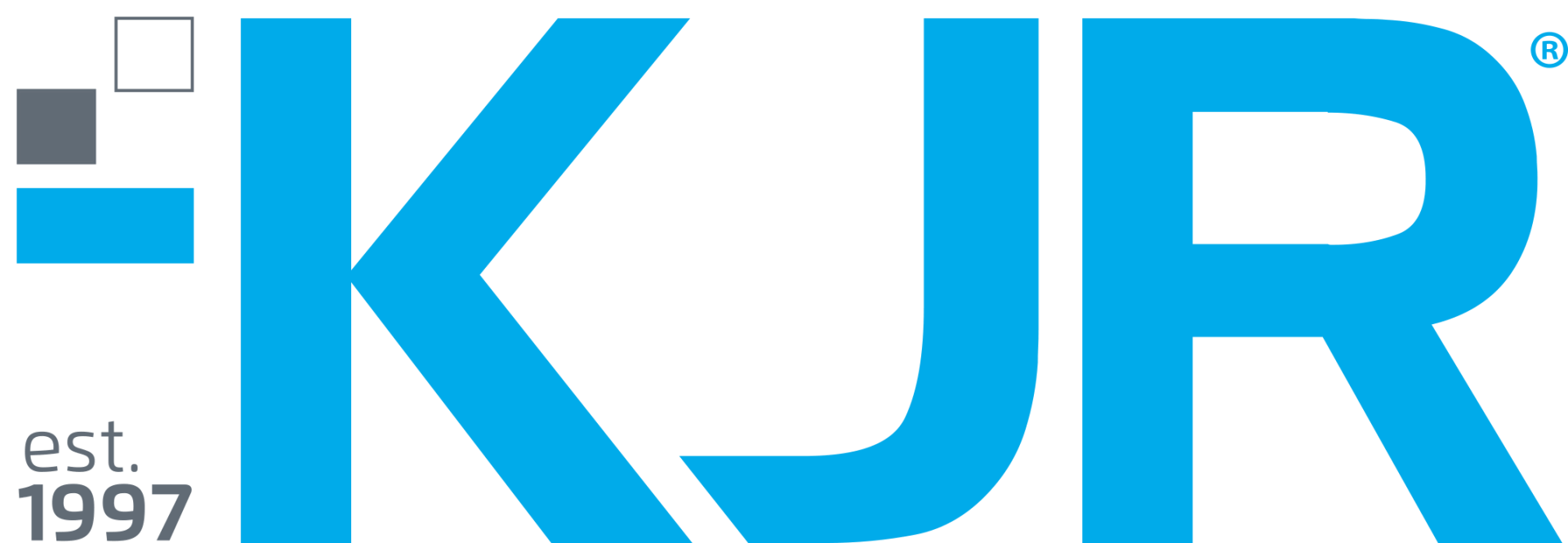IoT Data Integrity in Government Defence IT Consulting
The rise in relevance of Big Data security concerns within the past decade has essentially been a tit-for-tat seesaw, matching the evolving dangers that have come from increased attack surfaces. The demands that defence IT consulting meet nowadays cannot be understated in today’s business arenas of consumer communications, account control and assessment of weaknesses, spanning entire structural vulnerabilities to considerations even beyond the bounds of the organisational business.
B2B processes and other partners more broadly involved in a business’ operational space become collateral to these dangers, as entire ecosystems of production and supply-chain management lose the function to work with the confidence that their data is safe and controllable.
How can businesses play catch up to the constantly morphing shape of data security? The responsibility laden upon governments to take up the task is understandably contentious; in terms of rates of attack, state actors appear as one of the most targeted and victim to malevolent activity. Concurrently, understanding of what it means to use secure devices within a company’s tech stack remains dubious, with a vast majority of adoptions failing to account for their reach beyond a given company’s data management capabilities.
The State of Data Management – The Internet of Things
The emergence and popularisation of smart devices across society has changed the way we collectively create semiotic understandings of the world around us.
In the modern age of increased device autonomy, it’s entirely common for certain devices within the civilian home to take care of matters key to our livelihoods – apps have access to our streams of income, digital assistants hold the capacity to manage the flow of an entire day’s worth of events, and matters of home security are at our fingertips with smart phone connectability.
The problem, as you can see, surrounds the increasing use of interconnected tools without an appropriate escalation of how individuals can undermine these novel means of control. An increasing number of connections, while increasing efficacy across business operations, also means the converse increase of data flows, and therefore an exposure of surfaces to access.
These new access points, in other words, simply make IT infrastructures easier to probe without the required talent and human resources to handle them. The need for defence IT consulting is considerable when we acknowledge the commercial reach the Internet of Things (IoT) claims. Such responsive devices exist across all bases of everyday life, making the threat one that exists multilaterally – across ecosystems and players, rather than being mutually exclusive to organisations, governments and other entities separately.
The Modern Challenges to Digitisation
This, however, is precisely the challenge that faces government sources of IT care – the expanse of the threat is one that isn’t contained to sovereign bodies of governance, but rather any player both beyond and internal to international borders.
The scope and depth of the problem is what complicates the issue into a geopolitical one. Government defence IT consulting fails to include business risk and losses as national interest in the sovereign sense despite their access to economy wide perspectives. Businesses, on the other end, hold a finger on the pulse of technical innovation and the talent that comes operative to it, but lack the far-reaching hand to ensure safety among partners involved in the broader product economy.
Challenges in-Depth
The first challenge, taking this into account, is an integration of these two standpoints in a way that holistically fills the gaps of either party – pooling resources for a macro-perspective of the IoT issue at large.
KJR’s work in West Yalanji, along the upper reaches of Queensland, is our case study exhibit closing the distance between government and private parties at either end of this spectrum, solving real world problems with frontline deployments of assistant tech.
Funded by the Advance Queensland Trusted Autonomous Systems Grant, working alongside an assortment of smart devices to map the geography of high-value cultural assets has facilitated a workload otherwise unmanageable by manual labour. Cultural and economic enrichment are approached side by side here, and justifies a future where IoT devices are engaged with at scale.
The second issue, just as pressing, involves the securing of innovative means of connection for their safe use in both the corporate and government context. The crux of the problem, though, ironically lies in the innovation itself; the infrastructure this connectivity sources from constantly updates, making their exploitability subject to the same ability to change.
The solution? Approach these infrastructures and the IT systems they create as one and the same, ensuring that the function of one does not rely on the other being well-defended. Making sure that software quality assurance is prime, in other words, in the operational context, and that you manage the integrity of your data securely.
KJR – Defence IT Consulting
Need a deeper insight into the topic? Reach out to KJR to address the data security needs you’re after, and assess what services suit you best.









